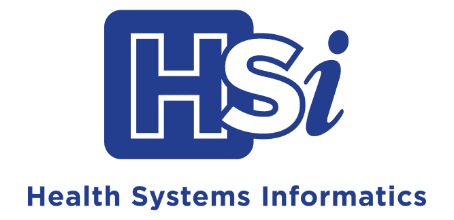Are Your Consultants Also Advisors?
In the realm of information technology and operational business support, healthcare organizations can find themselves challenged with identifying consultants who are also sound advisory partners. Whether an executive preparing for a vendor system selection or an IT team diligently working to build a new electronic health record (EHR), all benefit from consultant support and individuals who have lived the lessons learned and know how to keep projects steadily moving forward.
When contemplating the need for a consultant versus an advisor, general definitions of each are helpful to consider. Consultants are typically those in the trenches focused on task execution. These dedicated individuals are goal-oriented with defined statements of work. A consultant might be brought on board to fulfill a staff augmentation role for delivery of a specific project. Advisors, in contrast, are utilized to challenge the status quo by bringing to light creative new solutions and views. These resources are seasoned leaders who can guide strategy and deliver approaches based on out-of-the-box thinking.
How does an organization determine if they need an advisor, consultant or a blend of both? Do you already know the outcome to be achieved or are outcome options being sought? Health Systems informatics (HSi) President and COO, Randy Carson, breaks typical customer requirements into the following 3 categories:
Consulting Only – operationally focused effort and knowledge brought to the table in a specific area of expertise for a defined project. HSi consultants are skilled in multiple applications applying integration knowledge across a wide array of implementation teams.
Advisory Only – the thought leader provides broad organization or enterprise-wide guidance and direction to executive, leadership and project teams. HSi senior leaders and project managers readily step into these roles to provide the visionary direction needed to establish and execute new programs or manage complex projects from start to finish.
Advisory/Consulting Blend – subject matter experts in their area(s) of expertise but have many levels of experience and the ability to provide creative thinking and leadership skills to a project. HSi data solutions and applications implementation consultants routinely fill roles in this category. They are team leaders and system builders who also excel in working jointly with business owners and providers.
Mr. Carson continues to explain some of the many ways HSi leaders serve customers in advisory roles:
• Project Management support for executives
• Data Governance guiding proactive discussions in how to close major strategic gaps along with assistance in putting the “data picture” together
• Population Health Management Program strategic planning, governance and execution
• System Selection is frequently requested due to HSi’s broad experience base with multiple vendors. For example, assessment of needs requirements, guiding the organization through the process, and matching to the appropriate vendor system solution in areas such as EHR, Population Health, and Analytics.
Regardless of the consultant advisory role, customers should expect a high level of subject matter expertise; and, leaders who don’t wait for direction, but are ready to assume responsibility and provide the guidance required to accomplish the goals, outcomes and successes desired. Advisory consultants are solution-driven with the ability to project customer needs; they are visionaries. Customers should also expect consultant advisors to be satisfaction focused with the ability to define the work to be accomplished and the outcomes to be generated. “Customer satisfaction isn’t an option, but a requirement,” per Mr. Carson.







